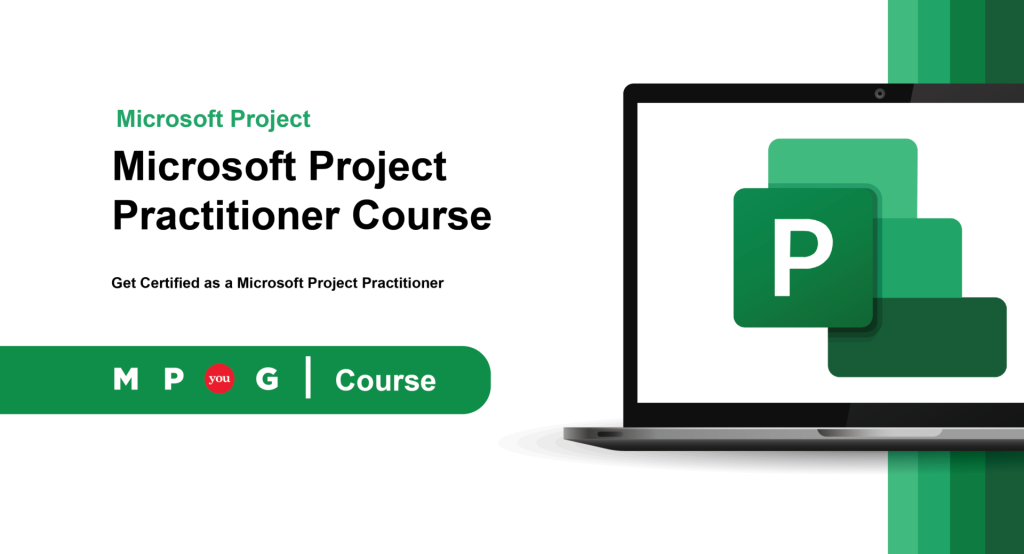Pension MPP (Master Pension Plan) training is an extensive plan built to equip economic experts, pension planners, and people with the information and skills needed seriously to navigate the difficulties of pension planning effectively. This training delves heavy into numerous facets of retirement planning, including pension options, expense techniques, duty concerns, and chance management, providing players with a holistic understanding of pension preparedness.
One of many principal objectives of pension MPP training is to simply help people develop an ideal approach to retirement preparing that aligns making use of their special objectives, preferences, and financial circumstances. Players learn how to examine their retirement wants, develop personalized retirement money programs, and implement methods to optimize their financial methods all through retirement.
Moreover, pension MPP training covers a wide variety of retirement planning topics, including Cultural Safety advantages, Medicare, estate planning, and long-term care insurance. Players get ideas to the complexities of these applications and learn to incorporate them to their overall pension technique to increase benefits and decrease risks.
Additionally, pension MPP instruction equips members with the various tools and techniques required to gauge different pension money resources, such as for example employer-sponsored pension programs, specific pension records (IRAs), annuities, and different investment vehicles. Members learn how to measure the tax implications, investment dangers, and growth potential of each money resource and produce knowledgeable conclusions about how to allocate their retirement savings.
Along with complex information, retirement MPP education also is targeted on establishing critical abilities such as interaction, problem-solving, and client relationship management. Members learn to effectively communicate complex pension preparing ideas to customers, handle their issues and issues, and construct long-lasting associations predicated on confidence and confidence.
Moreover, pension MPP instruction usually includes event studies, simulations, and real-world scenarios to supply members with hands-on knowledge in retirement planning. These practical exercises help participants apply their knowledge to real-life circumstances, develop problem-training pra purnatugas skills, and get self-confidence within their capacity to deal with clients’ pension wants effectively.
Another critical aspect of pension MPP instruction is staying abreast of the latest developments and traits in pension planning. The pension landscape is constantly developing, with changes in rules, market situations, and demographic tendencies surrounding retirement preparing strategies. Pension MPP education programs offer participants with up-to-date data and ideas to greatly help them adjust to these improvements and produce informed decisions due to their clients.
In conclusion, pension MPP instruction plays a crucial role in planning financial specialists, retirement planners, and people for the complexities of retirement planning. By providing comprehensive understanding, practical abilities, and continuous support, retirement MPP training programs encourage individuals to understand the pension landscape confidently, supporting them achieve their pension goals and protected their economic future.

